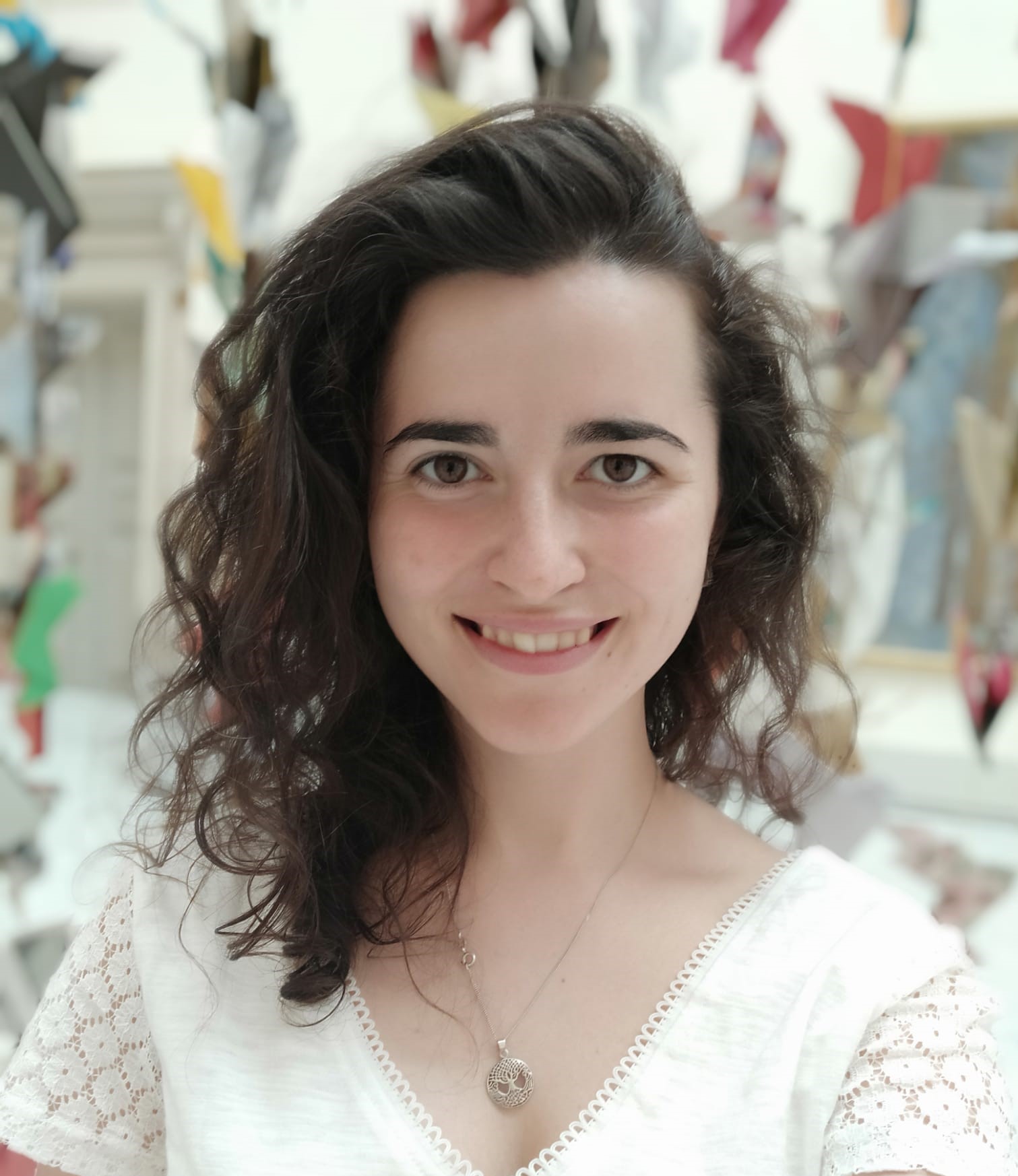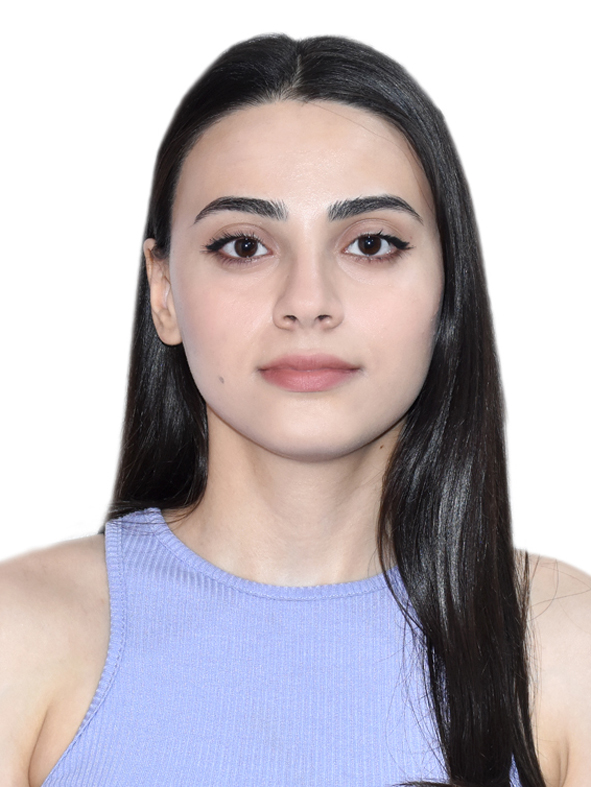Time of the course: Mondays 14:15-15:45
The classes start in the week of 4th October.
 This course builds on English language skills developed in an earlier study, with a focus on the development of strategies for ongoing independent learning. You will have the opportunity to create a personal improvement plan, design and manage a group project and investigate your options for further internationalization.
This course builds on English language skills developed in an earlier study, with a focus on the development of strategies for ongoing independent learning. You will have the opportunity to create a personal improvement plan, design and manage a group project and investigate your options for further internationalization.
- Course Assistant: Natalia Obikhod


Time of the course: Tuesdays 16:00-17:30
Students are trained to perceive cultural differences and act accordingly. The intercultural competence gained is both "culture-general" and "culture-specific" (e.g. students will practice culture-specific "crash investigations" in order to prepare visits abroad). Theoretical insights into different working styles, different perceptions of time, different religions, and different education styles are applied in exercises and in concrete simulations involving active interaction if possible with participants from several other cultures.
- Course Assistant: Carlos Henrique Ferreira Fuch
- Course Assistant: Salome Kitesashvili
Time of the course: Tuesdays 17.45-19.15
 Students will set up a simulated company and communicate with institutions and individuals from different intercultural backgrounds via Zoom. The international project environment assisted by contact with international institutions and individuals will enable the participants to learn about the workings of a company as well as to practice dealing with international project partners in a near-realistic situation. Students will be able to put their intercultural knowledge into practice in real contact with foreign partners in the preparation of a project meeting.
Students will set up a simulated company and communicate with institutions and individuals from different intercultural backgrounds via Zoom. The international project environment assisted by contact with international institutions and individuals will enable the participants to learn about the workings of a company as well as to practice dealing with international project partners in a near-realistic situation. Students will be able to put their intercultural knowledge into practice in real contact with foreign partners in the preparation of a project meeting.- Course Assistant: Safi El Karkani
- Course Assistant: Lars Felder
- Course Assistant: Carlos Henrique Ferreira Fuch
Time of the course: Wednesdays 11:45-13:15
The classes start in the week of 4th October.
 This course builds on English language skills developed in an earlier study, with a focus on the development of strategies for ongoing independent learning. You will have the opportunity to create a personal improvement plan, design and manage a group project and investigate your options for further internationalisation.
This course builds on English language skills developed in an earlier study, with a focus on the development of strategies for ongoing independent learning. You will have the opportunity to create a personal improvement plan, design and manage a group project and investigate your options for further internationalisation.
- Course Assistant: Azar Rzayev
Time of the course: Thursdays 14:15-15:45

 Students are trained to perceive cultural differences and act accordingly. The intercultural competence gained is both "culture-general" and "culture-specific" (e.g. students will practice culture-specific "crash investigations" in order to prepare visits abroad). Theoretical insights into different working styles, different perceptions of time, different religions, and different education styles are applied in exercises and in concrete simulations involving active interaction if possible with participants from several other cultures.
Students are trained to perceive cultural differences and act accordingly. The intercultural competence gained is both "culture-general" and "culture-specific" (e.g. students will practice culture-specific "crash investigations" in order to prepare visits abroad). Theoretical insights into different working styles, different perceptions of time, different religions, and different education styles are applied in exercises and in concrete simulations involving active interaction if possible with participants from several other cultures.
- Course Assistant: Aydan Mammadova
- Course Assistant: Preeti Padma Parida